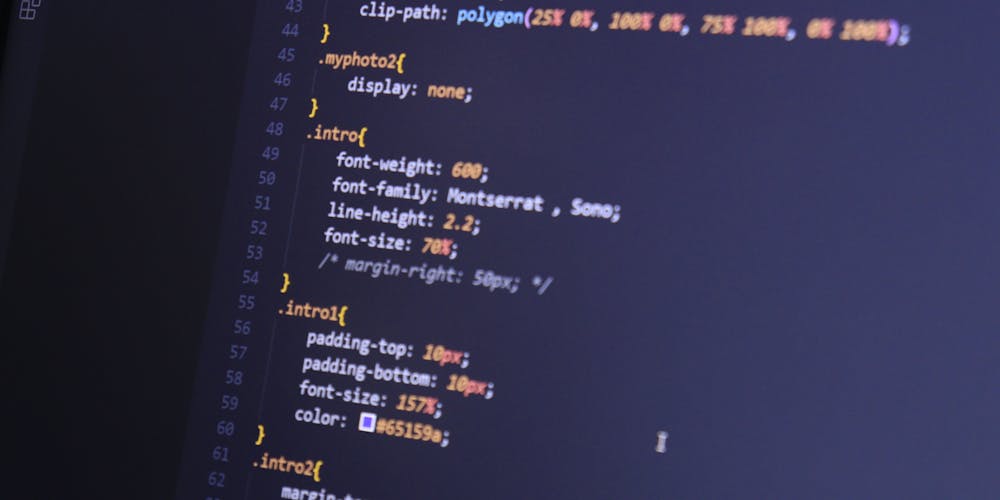In a critical announcement, the U.S. Cybersecurity and Infrastructure Security Agency (CISA) has issued an immediate warning concerning a significant security vulnerability within NextGen Healthcare’s Mirth Connect. The flaw, tracked as CVE-2023-43208, is an enduring concern for healthcare IT security, permitting unauthenticated remote code execution. This jeopardy comes to light following a previously incomplete resolution of a distinct critical fault, CVE-2023-37679. Given the ubiquitous implementation of Mirth Connect in healthcare data integration across various systems, the alert signals a substantial security risk that demands swift attention.
Unraveling the Vulnerability
The CVE-2023-43208 vulnerability manifests a dangerous opening that could allow attackers to execute arbitrary code without any form of authentication. This issue stems from the improper handling of XML payloads during the unmarshalling process by the Java XStream library, a core component of Mirth Connect. The issue first came to light when the supposed resolution of CVE-2023-37679 did not comprehensively address the underlying problem, inadvertently leaving the door open for exploitation by malign entities. Researchers from Horizon3.ai initially reported the flaw, underpinning their findings with a proof of concept exploit which demonstrates the ease with which the system can be compromised.
The implications of this vulnerability are particularly dire for the healthcare sector. Mirth Connect acts as the backbone for integration engines in numerous healthcare setups, processing sensitive patient information and facilitating critical data exchange between various medical systems. Its exploitation could lead to dire consequences, where attackers can manipulate clinical data, disrupt healthcare services, or worse, exfiltrate sensitive patient data. The inherent risk necessitates that healthcare providers take immediate measures to apply necessary updates and curtail potential incursions.
Response and Remediation
The U.S. Cybersecurity and Infrastructure Security Agency (CISA) has delivered an urgent alert regarding a critical security flaw in NextGen Healthcare’s Mirth Connect, identified as CVE-2023-43208. This serious vulnerability allows attackers to execute code remotely without authentication. The alarm over this defect comes after previous attempts to fix a different severe issue, CVE-2023-37679, proved to be insufficient. Mirth Connect is widely used for data integration in the healthcare industry, making this problem a pressing issue for healthcare informatics security. Healthcare organizations are encouraged to address this vulnerability promptly to protect patient data and ensure the integrity of their information systems. Given its widespread use, the vulnerability’s impact could be far-reaching, necessitating immediate and comprehensive measures to mitigate potential threats to sensitive health information and system operations.

